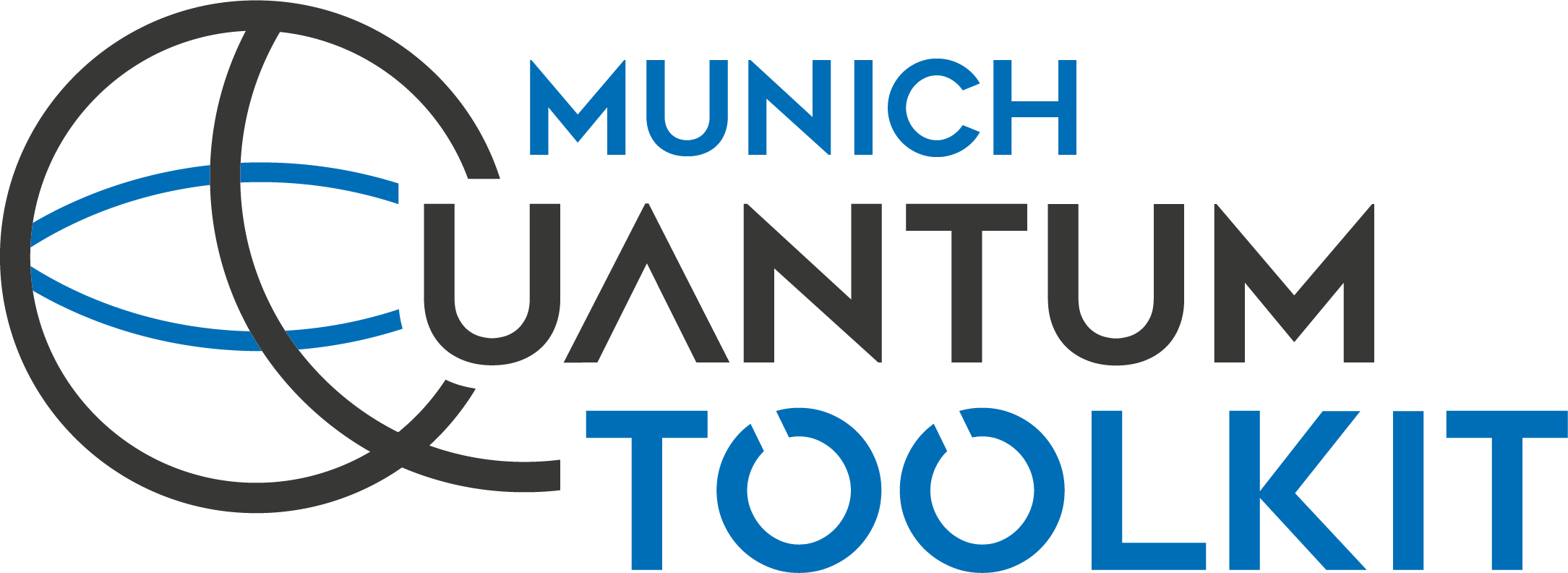A tool for debugging quantum circuits developed as part of the Munich Quantum Toolkit (MQT) by the Chair for Design Automation at the Technical University of Munich. It proposes an interface for the simulation of circuits and diagnosis of errors and provides a base implementation built upon MQT Core, which forms the backbone of the MQT. It also provides a Debugger Adapter Protocol (DAP) server that can be used to integrate the debugger into IDEs.
If you have any questions, feel free to contact us via [email protected] or by creating an issue on GitHub.
MQT Debugger is available via PyPI for Linux, macOS, and Windows and supports Python 3.8 to 3.12.
(venv) $ pip install mqt.debuggerThe following code gives an example on the usage:
from mqt import debugger
state = debugger.create_ddsim_simulation_state()
with open("code.qasm", "r") as f:
state.load_code(f.read())
f.run_simulation()
print(f.get_state_vector_full())Detailed documentation on all available methods, options, and input formats is available at ReadTheDocs.
The implementation is compatible with any C++20 compiler, a minimum CMake version of 3.19, and Python 3.8+. Please refer to the documentation on how to build the project.
Building (and running) is continuously tested under Linux, macOS, and Windows using the latest available system versions for GitHub Actions.
MQT Debugger has been developed based on methods proposed in a scientific paper that has not been released yet.
The Munich Quantum Toolkit has been supported by the European Research Council (ERC) under the European Union's Horizon 2020 research and innovation program (grant agreement No. 101001318), the Bavarian State Ministry for Science and Arts through the Distinguished Professorship Program, as well as the Munich Quantum Valley, which is supported by the Bavarian state government with funds from the Hightech Agenda Bayern Plus.








